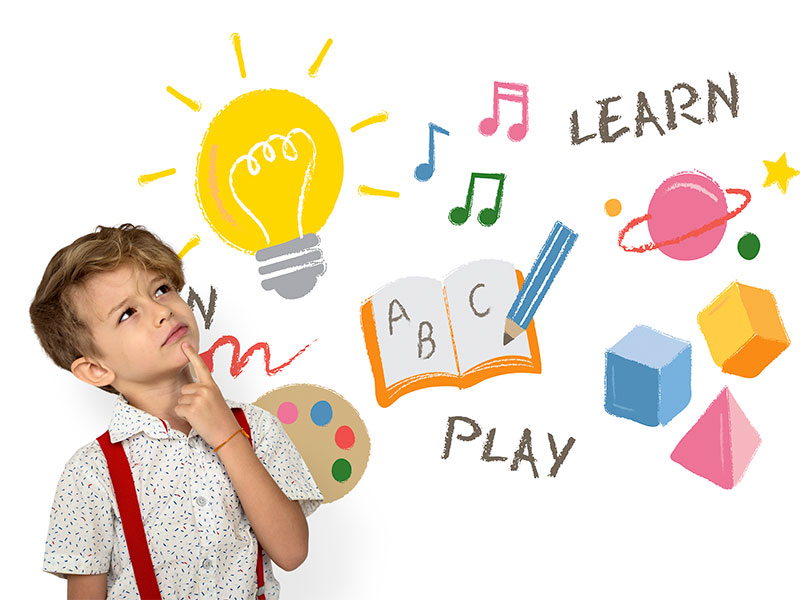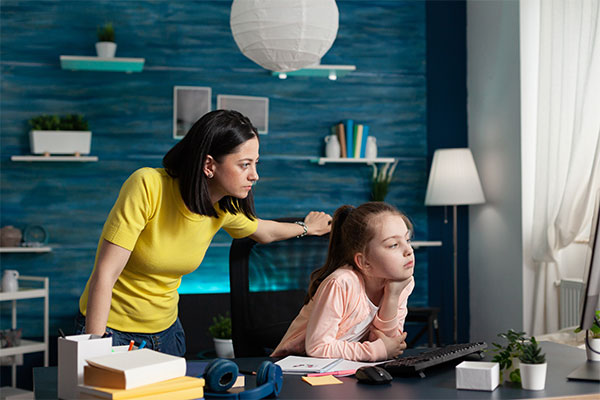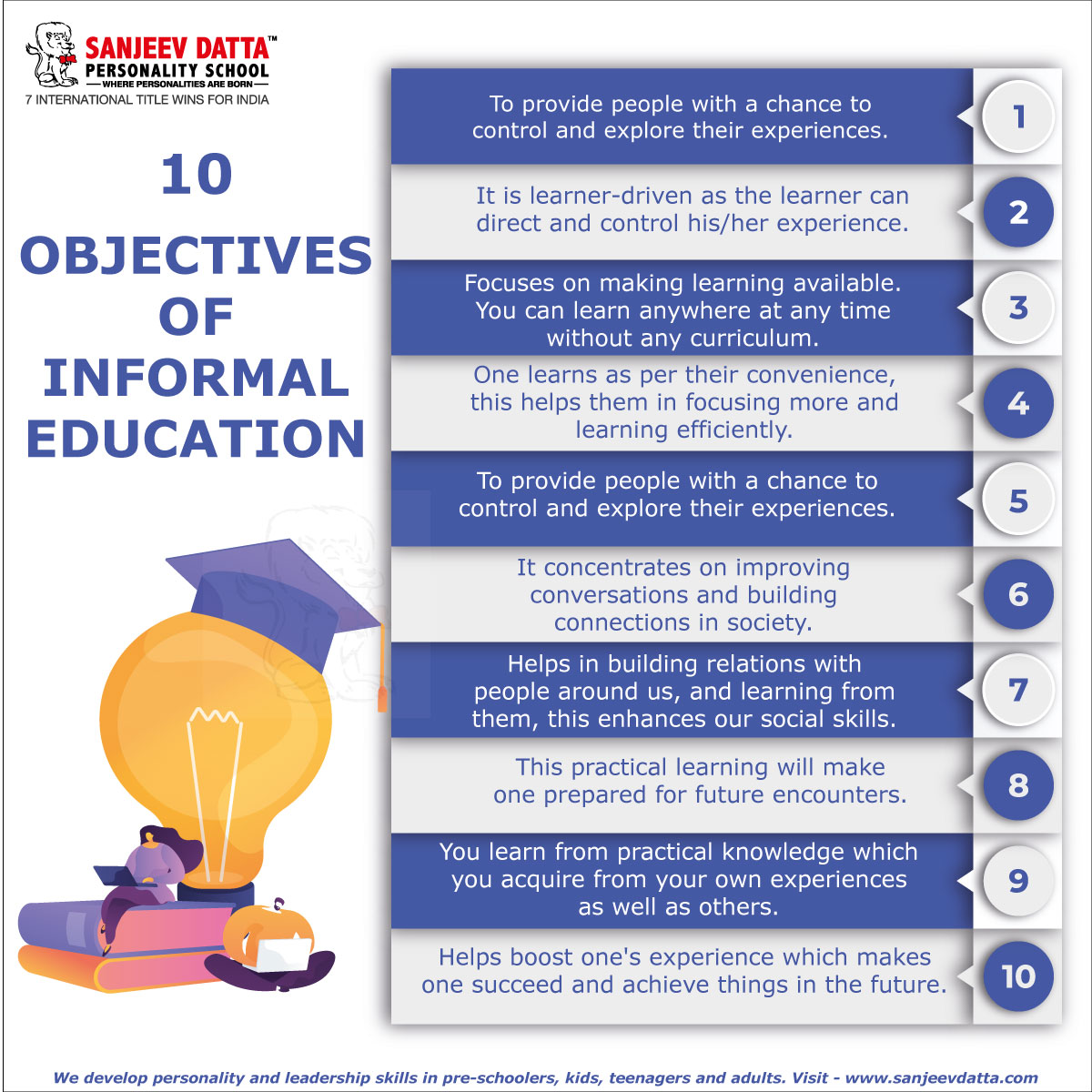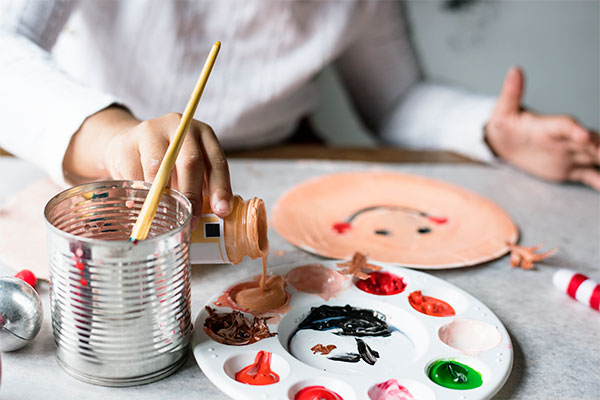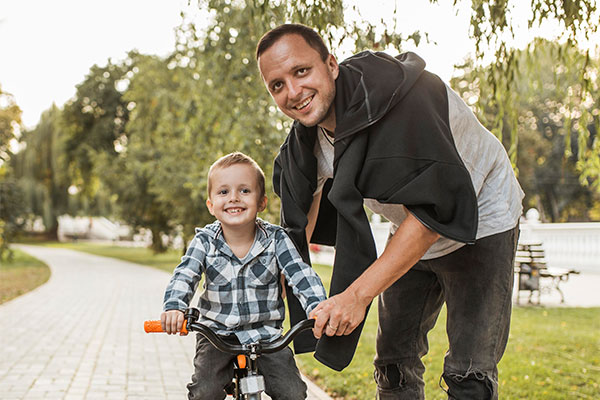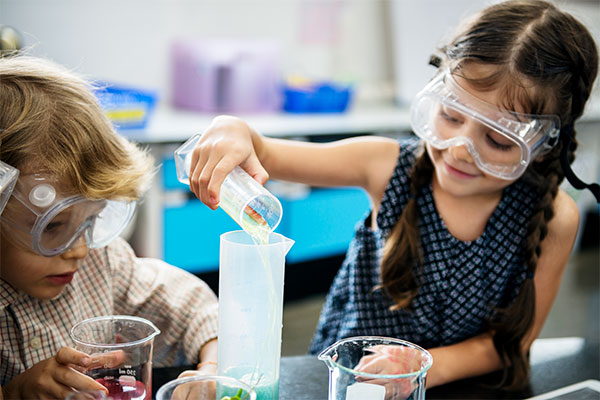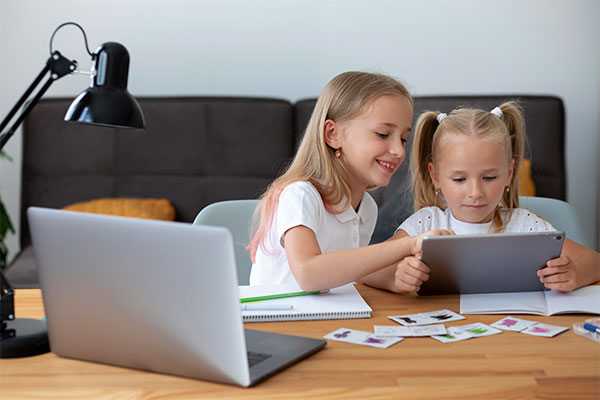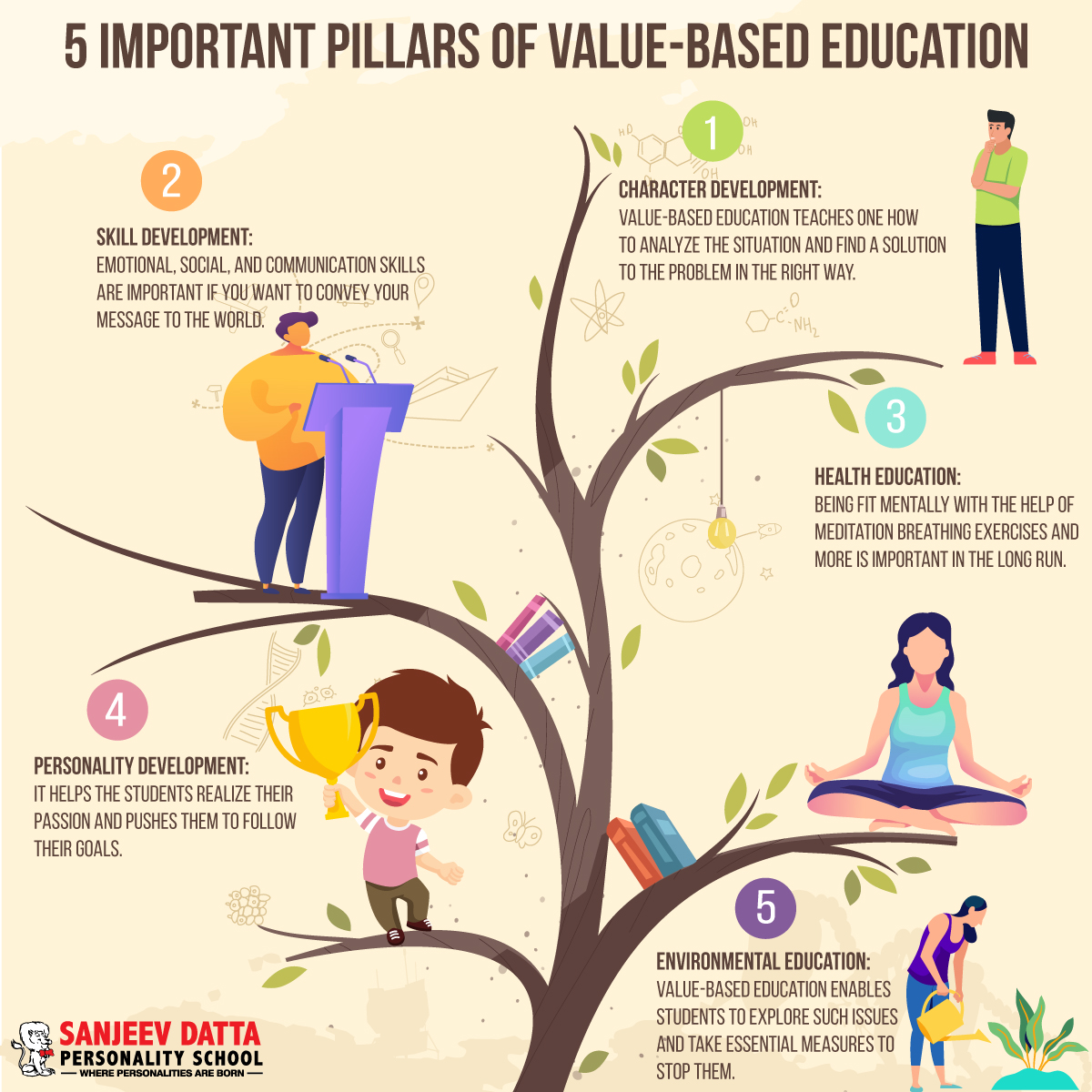Informal education refers to learning that takes place outside of a conventional classroom setting. Informal education includes, but is not limited to, student interests within a curriculum in a traditional classroom context. Conversation, as well as the investigation and broadening of experience, are key components. Informal education is a lifetime learning process in which each individual learns attitudes, values, skills, and information through educational influences and resources in his or her environment, as well as from everyday experience. Viewing films, self-study, reading articles, participating in forums and chat rooms, performance assistance, coaching sessions, and games are all examples of informal learning. Asynchronous learning, often known as informal learning, is a type of asynchronous learning. Individuals can learn to respond to and control various situations and environments through informal education. Furthermore, it brings together social factors that are crucial to learning. Informal education can be defined as the knowledge gained via participation in youth and community organizations. Informal education is more practical compared to other types of education. Learning characteristics of informal education will help you gain interest in this form of learning.
Characteristics of Informal Education:
-
Learning Environment:
Informal education aims to establish or enhance environments in which people can learn, expand their experiences, and make changes. Informal learning is learned from family, society, and the environment. One learning his/her mother tongue is an example of informal education. Environmental factors influence this form of learning.
2. Unorganized Learning:
There is no such thing as organized informal learning. There are no hard and fast rules or formulas to follow. Teaching your child the alphabet or brushing his or her teeth are examples of informal learning. This does not have a prescriptive study program. Unorganized learning helps in shaping one’s personality and behavior, personality education uses this form of learning as it has more scope in shaping one’s personality.
3. Focuses on Experiences:
Creates a learning environment where everyone can benefit from one another’s experiences. Given that the activity can be based on any type of learning, the teaching does not need to be explicit, but rather implicit. Rather than teaching complex material and then providing the skills, we provide students with the tools to do complex materials throughout time.
4. Practical Knowledge:
Informal learners are frequently quite enthusiastic about their studies. Informal learners, unlike those in a classroom setting, are frequently eager and attentive. Informal learning provides practical knowledge which makes people interested in learning it. Practical knowledge stays longer than theoretical knowledge. The emphasis is on the social components of learning, as well as the importance of collaborative learning, this makes the personality development of kids easy and more accessible.
5. Accessible Learning:
It is common for informal learning to take place on the spur of the moment. Anywhere, at any moment, people learn. The learner is motivated to learn because he or she has a strong desire to learn how to do something or gain a better understanding of a subject. Alternatively, an unofficial “teacher” finds an opportunity to pass on their expertise or wisdom to others. It also allows pupils to choose how they want to learn. Make learning more accessible in the present and future.
Visit: role of formal and informal education
6. No Curriculum:
There isn’t a formal education system in place. There isn’t a study plan in place, and there aren’t any procedures that are prescribed. Whatever methods are used, they are those that the teacher knows how to use, often based on their own experience. No curriculum, fees, or timetable is involved in this form of learning one can learn at his own time without paying any fees as one learns from his/her own experiences. It connects the worlds of school and life. Allows students to choose how they want to learn and how they want to approach the topic.
7. No Classroom:
Your classroom is the world. It is a common misconception that learning takes place in a classroom or at a school. There are no classrooms in informal learning. The classroom is your house, the park across the street, your community, and the entire globe. It’s tough to measure informal learning. There are no tests, and it’s difficult to quantify informal learning. Conversation and interacting with people are the lifeblood of informal education.
Visit: role of teacher in education
8. Does not End:
Informal education is a process that continues throughout one’s life. When a child enters school and the formal system “takes over,” it does not end. Children, on the other hand, continue to learn even when they are not in school. We learn from our pals as we grow older. We pick up skills from our coworkers as we enter the workforce. We continue to learn from friends and those younger than us even after retirement. Informal learning is what keeps us young, mentally engaged, and interested in both the world and our growth. Just because informal learning cannot be qualified does not mean it is not important.
These characteristics of informal education help one understand the concept of informal learning and how one can imply and achieve it in one’s daily life. People need to be aware of informal learning as it takes place every day around us, being aware of it will help us take advantage of it on a greater scale.
In our classes, we encourage informal education for a progressive future:
- STORY NARRATION
- CHARACTER DRAMATISATION
- FANCY DRESS TRAINING
- EXPRESSIVE ABILITY ENHANCER
- CONCENTRATION ENHANCER
- VOICE & SPEECH ENHANCEMENT
- COMMUNICATION SKILLS
- SOCIAL BOLDNESS
- POEM NARRATION
- VOICE PITCH THROW DEVELOPMENT
- ENGLISH SPEECH FLUENCY
- PRESENTATION SKILLS TRAINING
For more details, contact us now!

